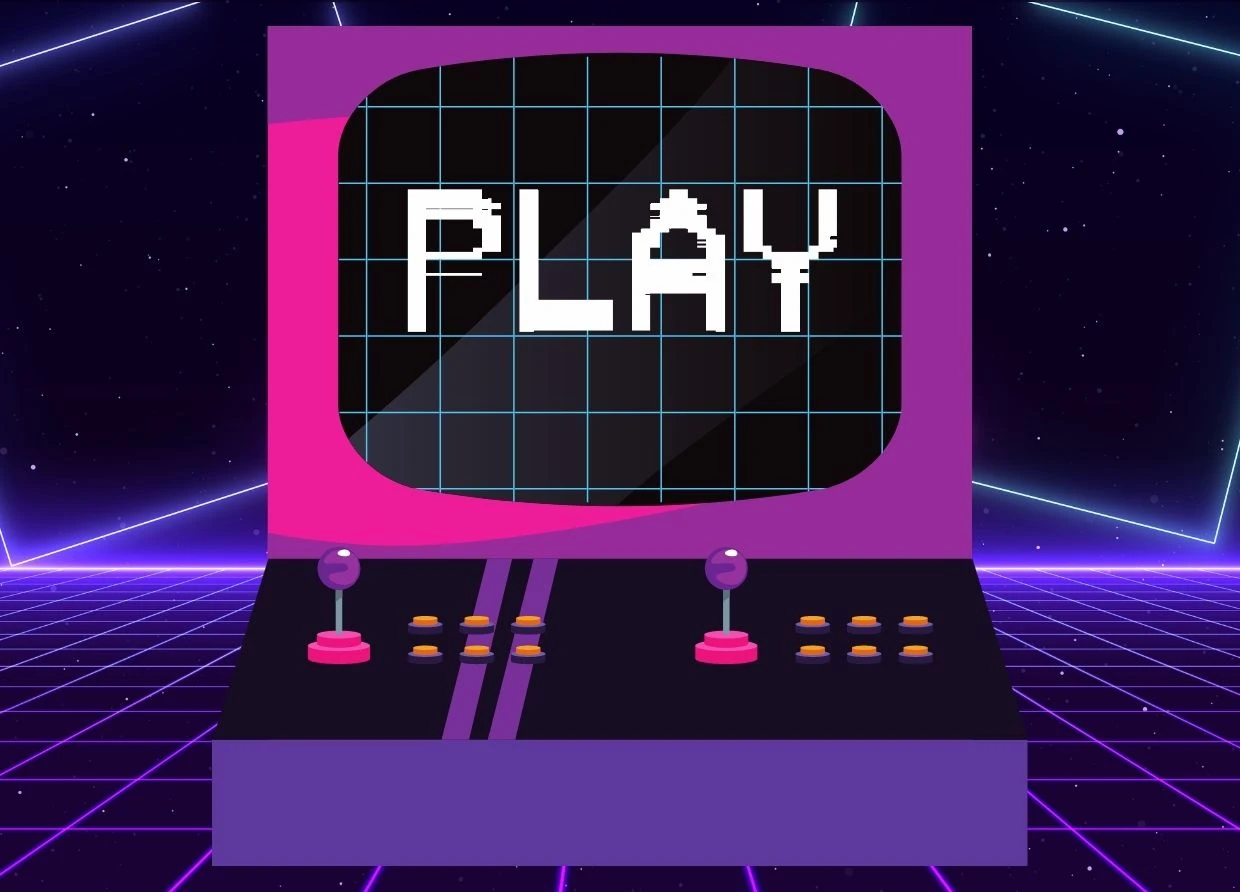THE ROLE OF NOSTALGIC VIDEO GAMES IN STRENGTHENING FAMILY BONDS AND PERSONAL CONNECTIONS
Exploring the Psychological Tapestry of Nostalgic Video Gaming

In the ever-evolving landscape of gaming, the role of video games has extended beyond mere entertainment, particularly for gamers who have grown with the medium. The Atari 2600, a groundbreaking technology upon its release in 1977, marked a commercial triumph in the realm of home video gaming. With over 500 available cartridges, including classics like Pac-Man, Pong, and Space Invaders, this console holds a special place in gaming history. Despite its historical significance, Atari's legacy continues to shape modern gaming, as exemplified by the release of Atari 50: The Anniversary Collection in 2023. This collection encapsulates the sentiment of retrogaming, a phenomenon that showcases the enduring appeal of vintage titles. Even now, enthusiasts are developing games for this console, with Mr. Run and Jump 2600 already generating buzz for its $59.99 pre-order.
However, the pricing of individual Atari 2600 games may raise eyebrows, considering they fetch similar prices to new releases for contemporary consoles like the Sony PlayStation 5. The appeal of these classics, though, transcends simple nostalgia and quick profits. The psychological significance of nostalgia is often underestimated, especially when coupled with the immersive world of video games.
The Power of Nostalgia
Defined as a "predominately positive, social, and past-oriented emotion" by Sedikides et al. (2015), nostalgia has transitioned from a clinical diagnosis to a broader concept that enriches our lives. According to Krystine Batcho, who elaborated on this evolution in a recent American Psychological Association podcast, nostalgia connects us with our past selves and fosters a sense of belonging to shared memories. It can act as a temporary remedy for emotional distress and help us navigate challenging times. Different forms of nostalgia exist, including personal nostalgia tied to our own life stories and historical nostalgia for past eras, both of which contribute to our sense of identity and belonging.
Gaming's Changing Demographics and Nostalgia
Contrary to the notion that video games are exclusively for children, the gaming community's demographic has shifted. The Entertainment Software Association reveals that the average age of gamers is 32, with over 60% of adults engaging in gaming weekly. Many parents today were avid gamers in their youth. Video games, though considered a relatively modern medium, have roots dating back to the 1950s, making them ripe for nostalgic exploration.
The Nexus of Retro Games and Memories
The resurgence of retro gaming often triggers a wave of nostalgia among players. For instance, the acquisition of an original Nintendo Game Boy prompted numerous social media users to share their personal memories associated with the device. These recollections often revolve around family rituals and shared experiences. These powerful memories create a sense of connection, with participants reflecting on cherished moments. Studies suggest that recalling nostalgic gaming memories enhances a sense of present-day connectedness, vitality, and optimism.
Future Potential and Emerging Evidence
Research into the interplay between nostalgia and video games is still in its early stages. However, studies like Bowman & Wulf (2023) are paving the way for a deeper understanding of the well-being potential of nostalgic gaming. As the preservation of classic video games becomes increasingly challenging, there's hope in the ability to recreate nostalgic experiences on modern equipment. The rise of retro-style games may serve as a bridge between the past and present, maintaining the legacy of gaming for generations to come. The evolving definition of retrogaming as players age suggests that the relationship between video games and nostalgia is far from fading.
In essence, video games offer a unique avenue to revisit the past while enriching the present, challenging the idea that one can't relive memories. The fusion of nostalgia and gaming has the power to enhance family bonds, strengthen personal connections, and infuse digital experiences with an enduring sense of familiarity.
#THE S MEDIA #Media Milenial #Video Games #Nostalgia #Retro Gaming #Atari 2600 #Family Bonds #Personal Connections #Psychological Benefits #Gaming Demographics #Entertainment #Gaming History #Memory Revival #Emotional Resonance #Contemporary Culture #Gaming Community #Well-being #Cultural Impact


























